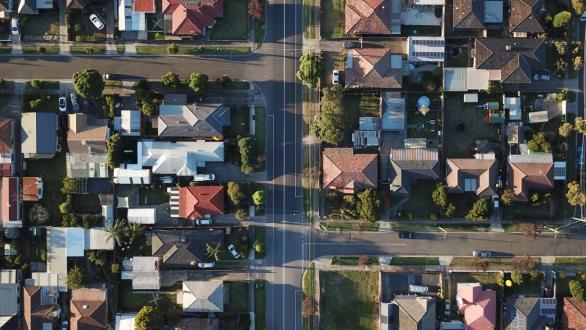Fewer new single-family homes entered the pipeline in November as housing affordability concerns continued to hinder inventories, the Commerce Department reported Tuesday.
Housing starts increased 3.2 percent in November to a seasonally adjusted annual rate of 1.26 million units, but the increase was all due to an increase in multifamily starts—apartment buildings and condos. Multifamily starts rose 22.4 percent last month, while single-family housing starts fell 4.6 percent. This marks the third consecutive month for decreases in single-family production, which is now at a one-and-a-half year low.
“Favorable demographics support healthy housing demand, so it is frustrating that the housing affordability crisis is preventing many consumers from achieving their goal of buying a home,” says Robert Dietz, NAHB’s chief economist. “While homeownership has increased over the last nine quarters, we can expect that upward momentum to stop due to rising home costs. Because housing leads the economy, we need to stabilize residential market conditions.”
A turnaround for the new-home sector doesn’t appear to be coming soon either. Housing permits—an indicator of future housing construction—rose 5 percent in November to 1.39 million. But single-family permits only eked up 0.1 percent, while multifamily permits rose 14.8 percent.
Higher mortgage rates as well as land and labor shortages have tightened inventories in single-family housing. Home prices continue to outpace wage growth too.
“Until the demand for owner-occupied homes rebounds, it is difficult to see why single-family starts will turn around,” David Berson, chief economist at Nationwide in Columbus, Ohio, told Reuters.Source: “U.S. Housing Starts Rise; Single-Family Segment Still Weak,” Reuters (Dec. 18, 2018) and National Association of Home Builders













